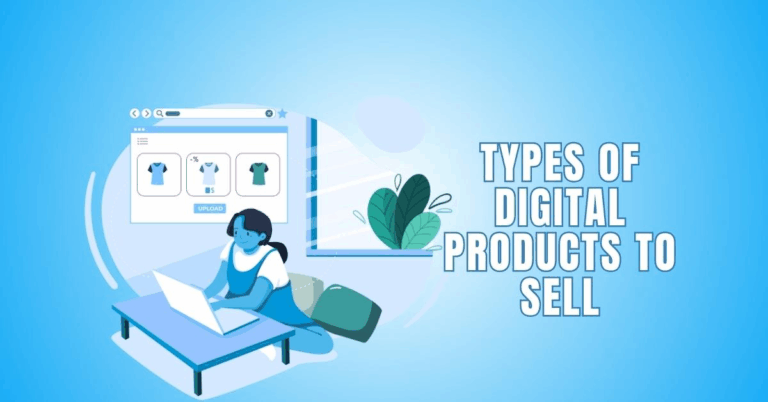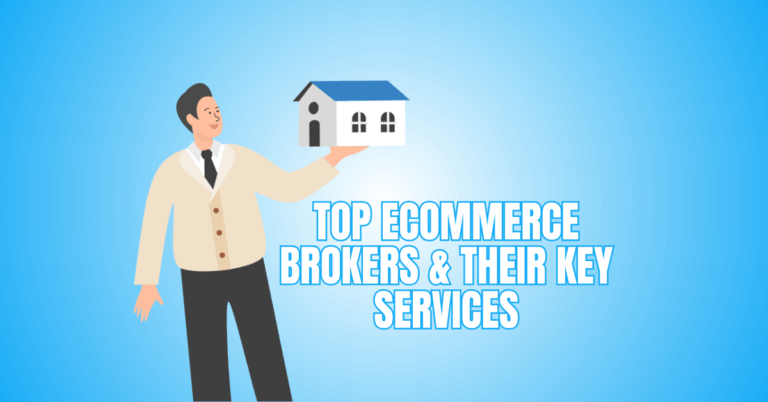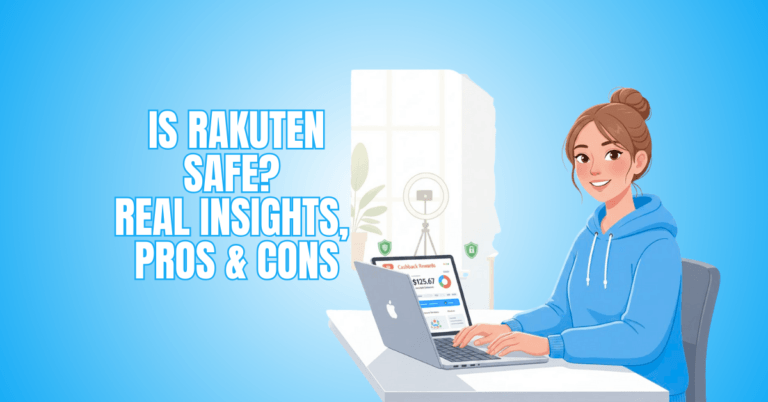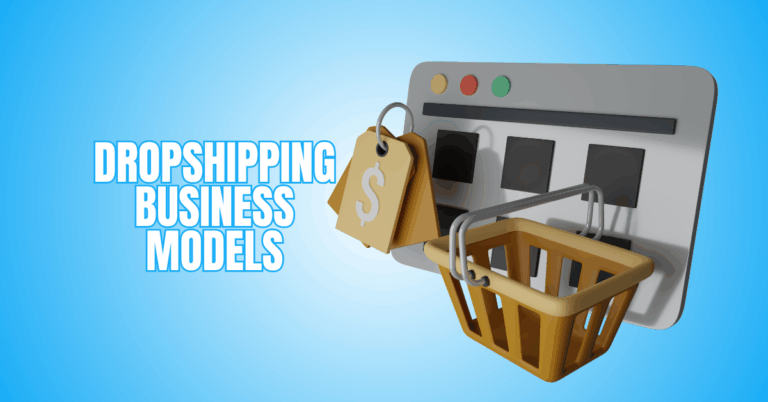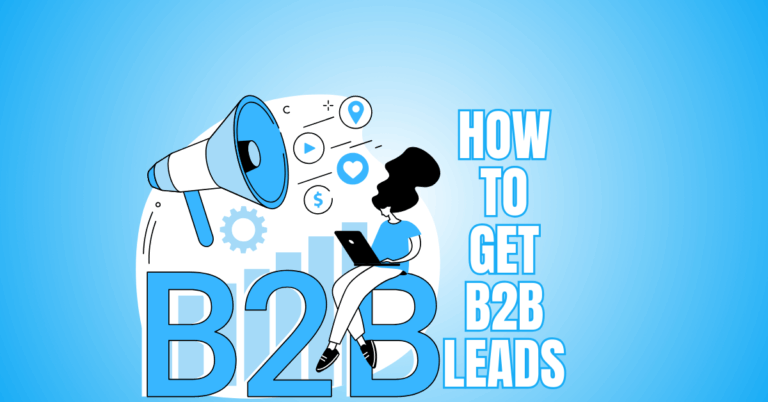Shopify vs WooCommerce
Shopify vs Woocommerce: Choosing The Right Platform For Your Online Store
The rise of e-commerce has made selecting the right platform crucial for any online business. Two popular platforms, Shopify and WooCommerce, dominate the market and cater to different types of users.
Each offers unique features, capabilities, and benefits, making the decision highly dependent on your needs, technical expertise, and budget.
This blog will comprehensively compare Shopify vs WooCommerce, breaking down their strengths, weaknesses, and use cases to help you decide which platform is best for your business.
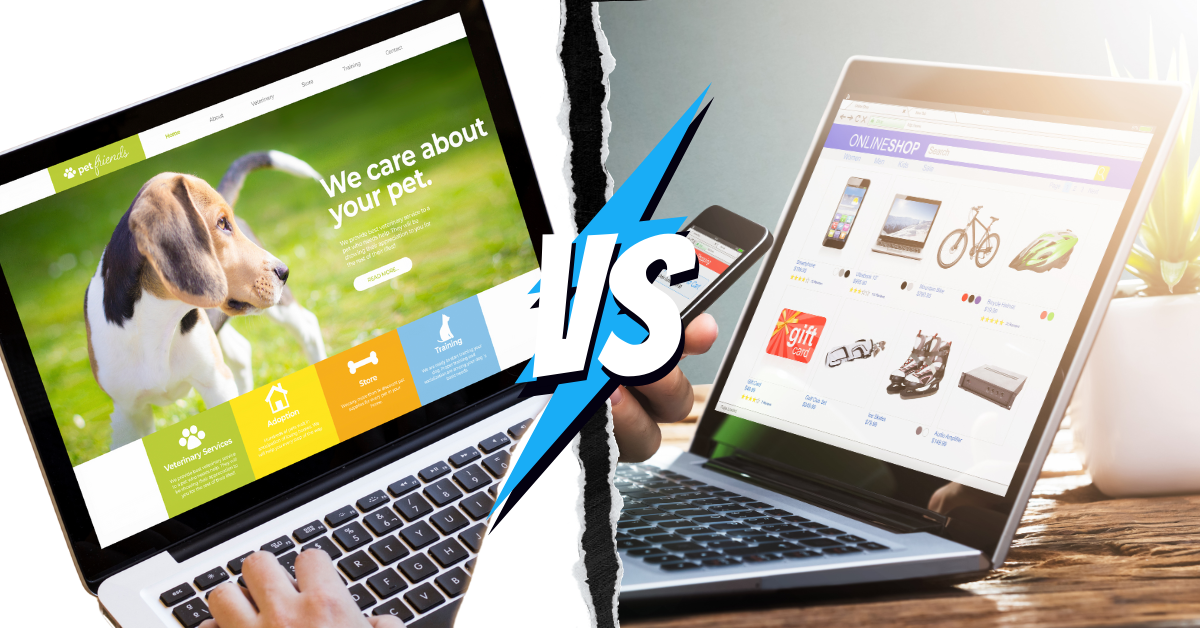
1. Overview Of Shopify And WooCommerce
Shopify
Shopify is an all-in-one hosted e-commerce platform designed for simplicity and ease of use. It offers everything consumers need to start and run an online store, including hosting, security, themes, and support. You don’t need technical skills to start selling with Shopify, as the platform handles the backend complexities.
Key Features Of Shopify
1. User-Friendly Interface
Infuser offers a user-friendly interface with drag-and-drop features. This allows easy customization of layouts and content without technical expertise, making web development accessible to all skill levels.
2. Seamless Built-In Hosting
Built-in hosting offers reliable performance, fast loading speeds, and secure data storage, ensuring minimal downtime and optimal website performance without extra technical setup or maintenance.
3. Extensive App Store For Integrations
The app store offers a wide range of marketing, analytics, e-commerce, and social media integrations, enhancing website functionality and ensuring seamless operation across all site aspects.
4. Mobile-Optimized Themes
Mobile-optimized themes ensure seamless user experiences across devices and adapt to different screen sizes. Essential for improving engagement and performance, these themes enhance site functionality on PCs, tablets, and smartphones.
5. 24/7 Customer Support
24/7 customer support offers constant assistance via live chat, email, or phone, ensuring prompt issue resolution and minimizing downtime so users feel confident their website runs smoothly without interruptions.
WooCommerce
The open-source WooCommerce plugin can help create a functional online store on a WordPress website. Although WooCommerce offers more power and customization than Shopify, it requires technical know-how or a willingness to learn.
Key Features Of WooCommerce
1. Highly Customizable And Flexible
A highly customizable platform lets users adjust design, functionality, and content to match their brand identity and goals, offering the flexibility needed for a unique, tailored online presence.
2. Open-Source And Free To Use
The platform allows complete control over website customization without licensing costs, promoting community-driven development and making it accessible to everyone.
3. Seamless WordPress Integration
Seamless WordPress integration allows easy connection, smooth data transfer, and access to powerful features like the user-friendly editor, plugins, and robust security while maintaining cohesive website design and functionality.
4. Extensive Library Of Plugins And Themes
The library offers customizable plugins and themes, allowing users to enhance functionality with features like SEO tools, contact forms, and e-commerce while ensuring a unique, professional design that fits their style and industry.
5. Suitable For Scalability
A scalable platform grows with your business, handling increased traffic, content, and features without performance issues. This ensures your website remains efficient and functional as your business expands online.

2. Ease Of Use
Shopify
Shopify is known for its simplicity. From signing up to launching your store, the platform guides you through every step.
You don’t need to worry about hosting, security, or technical updates. The drag-and-drop interface allows users to quickly design and manage their stores without requiring coding knowledge.
Pros Of Shopify
1. No Setup Hassles
The platform eliminates setup hassles with automated installations and simple configurations, allowing users to launch their websites quickly with minimal technical expertise. This feature saves time and allows users to focus on content without going through onerous setup steps.
2. Easy Navigation And Intuitive Dashboard
Shopify and WooCommerce offer easy navigation and intuitive dashboards with simple layouts, clearly labeled menus, and drag-and-drop functionality. This enhances productivity and ensures users can manage their websites efficiently without wasting time on navigation.
3. Ready-Made Templates
They provide pre-designed layouts that save time, allowing users to customize the look and content to match their brand easily. With various industry options, users can create a professional website without starting from scratch.
Cons Of Shopify
1. Limited Flexibility For Advanced Customizations
The platform offers ease of use but may need more flexibility, limiting developers or businesses needing profound code modifications or complex integrations requiring alternative solutions or workarounds for full customization.
Want to Start Making Money Online?
Try My #1 Recommendation Program!
WooCommerce
WooCommerce is ideal for users who are comfortable with WordPress. While highly customizable, the setup process can be more complex than Shopify's. You’ll need to handle hosting, security, and WordPress installation yourself (or through a managed hosting provider).
Pros Of WooCommerce
1. Complete Control Over Every Aspect Of The Store
Complete control over the store allows users to manage product listings, design, pricing, payment methods, and shipping options, ensuring a tailored shopping experience that aligns with business goals and offers flexibility and autonomy.
2. Ability To Add Custom Functionalities
Shopify and WooCommerce offer customizable functionalities, allowing businesses to enhance their stores with unique features and integrations. This enables a tailored user experience and streamlines operations.
Cons Of WooCommerce
1. Needs A Developer's Help Or Technical Expertise
Some platforms require technical knowledge or developers' help for complex customizations, coding changes, or integrations. With the right skills, users can implement advanced features, making hiring a developer necessary for specific customizations.
2. Steeper Learning Curve
A steeper learning curve means beginners may struggle with advanced features, customization, or unfamiliar terminology, which requires time and effort to master. This can frustrate users with limited experience, demanding a more significant commitment to learning the system.
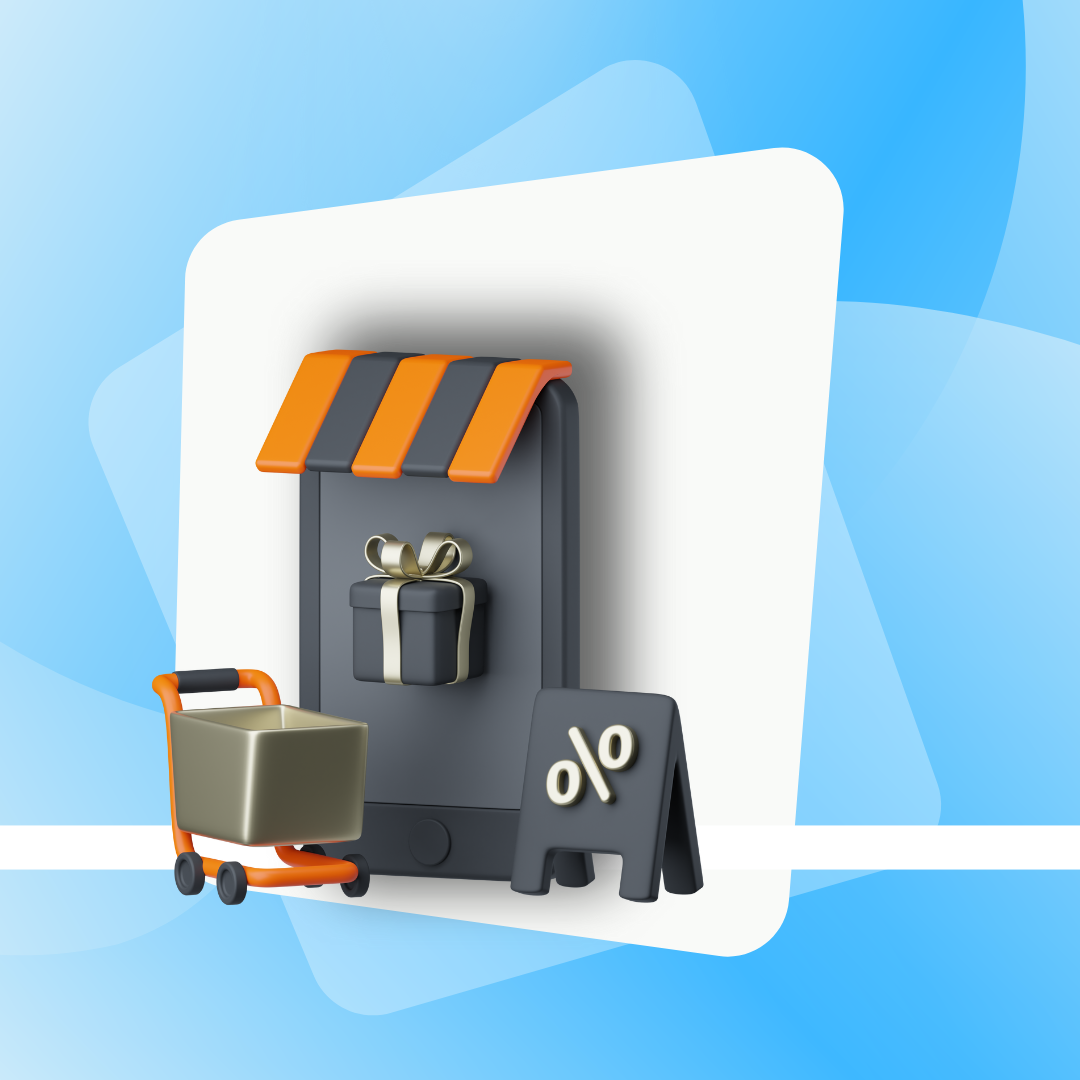
3. Cost And Pricing
Shopify
Shopify has a transparent pricing structure with different plans:
1. Basic Shopify: $39/Month
Ideal for small businesses, this plan provides essential e-commerce features like unlimited products, basic reporting, and online store management, making it perfect for startups on a budget.
2. Shopify Plan: $105/Month
Aimed at growing businesses, this plan offers advanced reporting, better shipping options, and additional features like abandoned cart recovery, supporting a more efficient and scalable store operation.
3. Advanced Shopify: $399/Month
Designed for large businesses, this plan offers advanced analytics, lower transaction fees, and enhanced reporting, making it perfect for high-volume stores requiring sophisticated tools and greater customization.
4. Total Cost Estimate Of Shopify
$39–$500+ per month, depending on your store’s needs.
WooCommerce
WooCommerce is free to install, but you’ll need to factor in additional costs:
1. WooCommerce Hosting: $5–$50/Month
Hosting fees cover server space for your website. Lower-cost options provide essential performance, while higher-tier hosting ensures faster speeds, more storage, and better customer support for more significant sites.
2. Domain Name: ~$10–$20/Year
Your website's domain name is its address. Prices typically range from $10 to $20 annually, depending on the provider and domain extension, like .com or .net.
3. SSL Certificate: ~$10–$100/Year
An SSL certificate encrypts data for secure transactions. Some hosting plans include it for free, while standalone certificates range from $10 to $100 per year for added security.
4. Themes And Plugins: $0–$200+
Themes define your site’s design, and plugins add functionality. Free options are available, but premium themes and plugins with advanced features or support can cost up to $200 or more.
5. Developer Fees (If Applicable)
Developer fees (if applicable): If you require customizations beyond what templates offer, you may need to hire a developer.
The cost of hiring a developer can vary widely based on their expertise and the project's complexity. Typically, these fees are calculated either as an hourly rate (e.g., $X per hour) or as a flat project fee.
6. Total Cost Estimate
$15–$300+ per month, depending on your choices and customizations.
4. Customization And Flexibility
Shopify
In comparing Shopify vs WooCommerce, Shopify offers professionally designed themes with limited customization options, requiring Liquid for advanced customizations, while WooCommerce provides more flexibility in design adjustments.
You can make fundamental changes through the settings or use Liquid (Shopify’s templating language) for advanced customizations.
Pros Of Shopify
1. High-Quality Themes
High-quality themes offer professionally designed layouts that make websites look polished and visually appealing. These themes are responsive, ensuring the site functions well across devices.
Many themes come with customizable features, allowing you to adjust colours, fonts, and content to fit your brand without writing code.
2. Easy-To-Use Customization Tools
Easy-to-use customization tools allow users to modify their websites without technical expertise. With drag-and-drop editors and intuitive options for changing design elements, users can personalize their site quickly. This simplicity allows anyone to create a website that aligns with their vision, even with little experience.
Cons Of Shopify
1. Limited Flexibility Without Hiring A Developer
In the Shopify vs WooCommerce debate, Shopify offers limited flexibility without hiring a developer, as more advanced customizations often require developer knowledge to achieve unique functionalities or complex design changes.
Want to Find Out How To Start Your Home-Based Business?
Try My #1 Recommendation Platform!
WooCommerce
WooCommerce shines in customization. As an open-source platform, you can tweak almost anything, from the design to the backend functionality.
Pros Of WooCommerce
1. Unlimited Customization Potential
With unlimited customization potential, users can fully tailor their website's design, functionality, and features to suit their unique needs. This flexibility allows for creative freedom in how the site looks and operates. However, achieving this level of customization may require technical expertise or third-party tools.
2. Access To Thousands Of Plugins And Integrations
Access to thousands of plugins and integrations enables users to enhance their website's functionality easily. From adding e-commerce capabilities to improving SEO or integrating with other tools, these plugins provide a wide range of options to extend the site's features without extensive coding.
Cons Of WooCommerce
1. Customizations May Require Coding Knowledge
While the platform offers vast customization options, achieving advanced customizations often requires coding knowledge.
Users may need to edit HTML, CSS, or JavaScript to add unique features or tweak design elements, which can be a barrier for those without technical expertise.

5. Performance And Scalability
Shopify
Because of its e-commerce-specific hosting infrastructure, Shopify is an excellent option for small to medium-sized enterprises seeking dependable, hassle-free hosting.
This infrastructure guarantees quick loading speeds and seamless performance in the Shopify vs. WooCommerce comparison.
WooCommerce
The hosting company and site optimization significantly impact WooCommerce's performance. With the right hosting environment and proper configurations, WooCommerce can handle stores of any size.
However, it requires ongoing maintenance, including regular updates, speed optimizations, and scalability checks, to ensure smooth operation and prevent performance issues as the business grows.
Are You Tired Of Scams?
Want to Start Making Money Online?
6. Security
Shopify
Shopify handles all security procedures, including PCI compliance and SSL certification, to guarantee safe transactions and data protection.
Its robust security protocols protect your site from threats, offering users and business owners peace of mind. Shopify's secure infrastructure means you don’t have to handle complex security configurations.
WooCommerce
With WooCommerce, security management falls on the user. You handle updates and backups and ensure the site is secure, even though many hosting companies supply free SSL certificates and essential security tools. Regular maintenance is required to protect the website from attacks and weaknesses as your store expands.
7. SEO And Marketing
Shopify
In comparing Shopify and WooCommerce, Shopify offers basic SEO features and marketing tools. Still, its advanced SEO capabilities are more limited than WooCommerce, which provides greater flexibility for optimization.
Users can access additional marketing apps from Shopify’s app store to enhance marketing strategies and offer various solutions to boost visibility.
WooCommerce
WooCommerce, being powered by WordPress, offers superior SEO capabilities. It allows users to install plugins like Yoast SEO to optimize on-page elements and improve search engine rankings.
Additionally, WooCommerce leverages WordPress’s powerful blogging features, enabling store owners to create valuable content that drives organic traffic and enhances their site’s SEO performance.
Want To Learn How To Create Your Own Website And Online Business?
Try My #1 Recommendation Training And Hosting Platform!
8. Use Cases
Shopify Is Best For
1. Small To Medium-Sized Businesses
Shopify is ideal for small to medium-sized companies that need a reliable and easy-to-manage e-commerce platform. It offers essential features for growth without the need for extensive technical expertise.
2. Users Who Want A Hassle-Free Setup
Shopify is perfect for users seeking a simple, no-fuss setup. Its intuitive interface, pre-built templates, and built-in hosting allow quick and easy store creation.
3. Dropshippers
Shopify is a popular choice for dropshippers, offering integrations with various dropshipping apps. These tools help automate product sourcing, order fulfillment, and shipping, making the business model seamless.
4. Entrepreneurs With Limited Technical Skills
Shopify is easy for entrepreneurs with limited technical skills. Its user-friendly interface, customizable templates, and dedicated support make it accessible for individuals without coding experience.
WooCommerce Is Best For
1. Businesses Requiring Complete Customization
In the Shopify vs. WooCommerce debate, WooCommerce is ideal for businesses requiring complete customization. Its open-source nature allows limitless customization, and its toolset design and functionality suit unique business requirements.
2. Those Already Familiar With WordPress
WooCommerce is an excellent option for people familiar with WordPress because of its smooth integration. Utilizing WordPress's functionality enables users to manage both content and e-commerce centrally.
3. Stores With Unique Or Complex Needs
In the Shopify vs WooCommerce comparison, WooCommerce is better suited for stores with unique or complex needs, offering advanced customization, scalability, and the ability to add custom features and integrations.
It allows adding custom features, integrations, and functionality that might not be available on simpler platforms.
4. Owners Who Want Complete Control Over Their Data
WooCommerce is self-hosted and provides complete control over data. Business owners can directly manage customer information, transaction data, and site analytics without relying on third-party services.

9. Payment Options And Fees
Shopify
Shopify Payments is the default gateway, offering integrated payment processing with no additional transaction fees.
It is compatible with major credit cards, Apple Pay, Google Pay, and Shopify Pay. If you use third-party gateways like PayPal or Stripe, Shopify charges transaction fees (2% for Basic, 1% for Shopify, and 0.5% for Advanced plans).
Shopify Payments supports international payments and multiple currencies, allowing merchants to sell globally with automatic currency conversion for a seamless international shopping experience.
WooCommerce
WooCommerce has no payment processor and relies on third-party gateways like PayPal, Stripe, and Authorize.Net for transactions.
There are no transaction fees by default, but the third-party gateways charge fees. WooCommerce is highly customizable, allowing merchants to integrate various payment processors and tailor the store to accept international payments in different currencies.
With the right plugins, you can easily manage currency conversions and offer localized payment options for global customers.
FAQ
1. Which Is Easier To Use, Shopify Or Woocommerce?
Answer: Shopify is generally easier to use, with a user-friendly interface and hassle-free setup, making it ideal for beginners. WooCommerce requires more technical knowledge and setup but offers greater customization.
2. Can I Customize My Store With Both Shopify And Woocommerce?
Answer: Both platforms allow customization, but WooCommerce offers more flexibility and control, while Shopify provides more straightforward customization options with built-in tools and themes.
3. Which Platform Is Better For SEO, Shopify Or Woocommerce?
Answer: WooCommerce is more SEO-friendly, offering advanced plugins like Yoast SEO for more excellent optimization. Shopify includes basic SEO features but has more limited advanced options.
4. Which Platform Is More Suitable For Small Businesses?
Answer: Shopify is a good fit for small businesses seeking an easy-to-use e-commerce solution. WooCommerce is better for businesses that need more customization and are comfortable managing hosting and security.
5. Is Woocommerce Suitable For Beginners?
Answer: WooCommerce is more suitable for those with some technical knowledge or access to a developer, as it requires managing hosting and security, unlike Shopify, which is more beginner-friendly.
Conclusion
When deciding on Shopify vs WooCommerce, consider your business needs. Shopify is ideal for ease of use and hassle-free setup, while WooCommerce offers greater customization and control for experienced users.
When selecting the platform that best aligns with your goals and resources, consider your budget, technical expertise, and long-term growth.
I trust you enjoyed this article about Shopify vs Woocommerce: Choosing The Right Platform For Your Online Store. Please stay tuned for more articles. Take care!
JeannetteZ
Want to Learn How to Build Your Own Home-Based Online Business And Start Making Money Online From Your Comfortable Couch?
Try Wealthy Affiliate!
Your Opinion Is Important To Me
Do you have thoughts, ideas, or questions? I would love to hear from you. Please leave me your questions, experiences, remarks, and suggestions about Shopify vs Woocommerce: Choosing The Right Platform For Your Online Store in the comments below. You can also email me at Jeannette@WorkFromAnywhereInTheWorld.com.
Disclosure
This post may contain affiliate links. I earn from qualifying purchases as an Amazon Associate and other affiliate programs. Please read my full affiliate disclosure.
You may also enjoy the following articles:
Wealthy Affiliate Coupons For Premium Memberships
Wealthy Affiliate Review – Scam or Legit? The Truth Exposed
An Insider Wealthy Affiliate Review
The Ultimate Guide To Link Building For E-Commerce Success
Trending Products For Dropshipping
Affiliate Networks For Beginners: Unlocking Your Earning Potential


